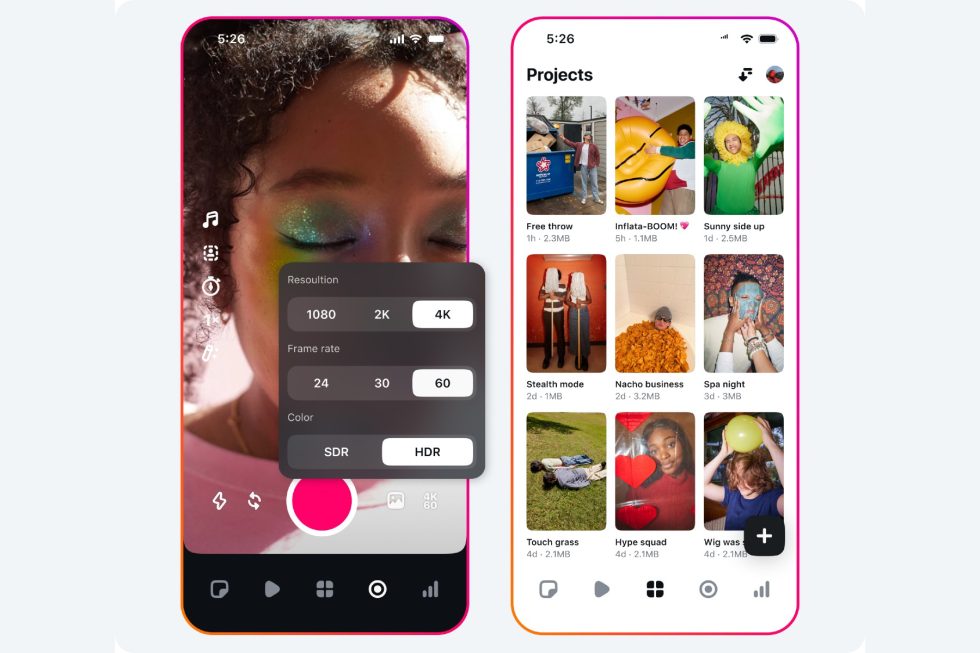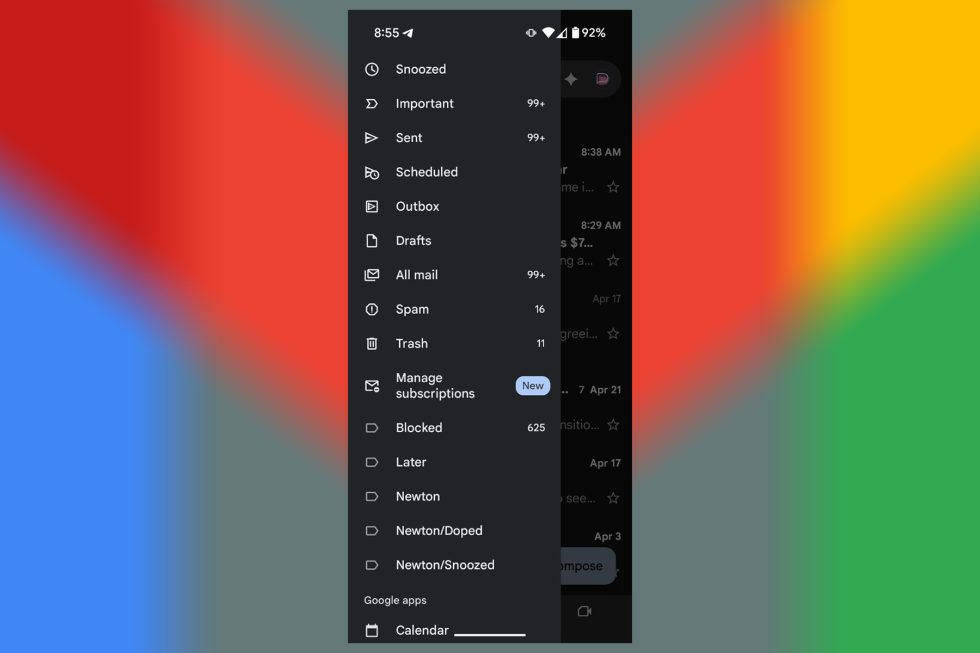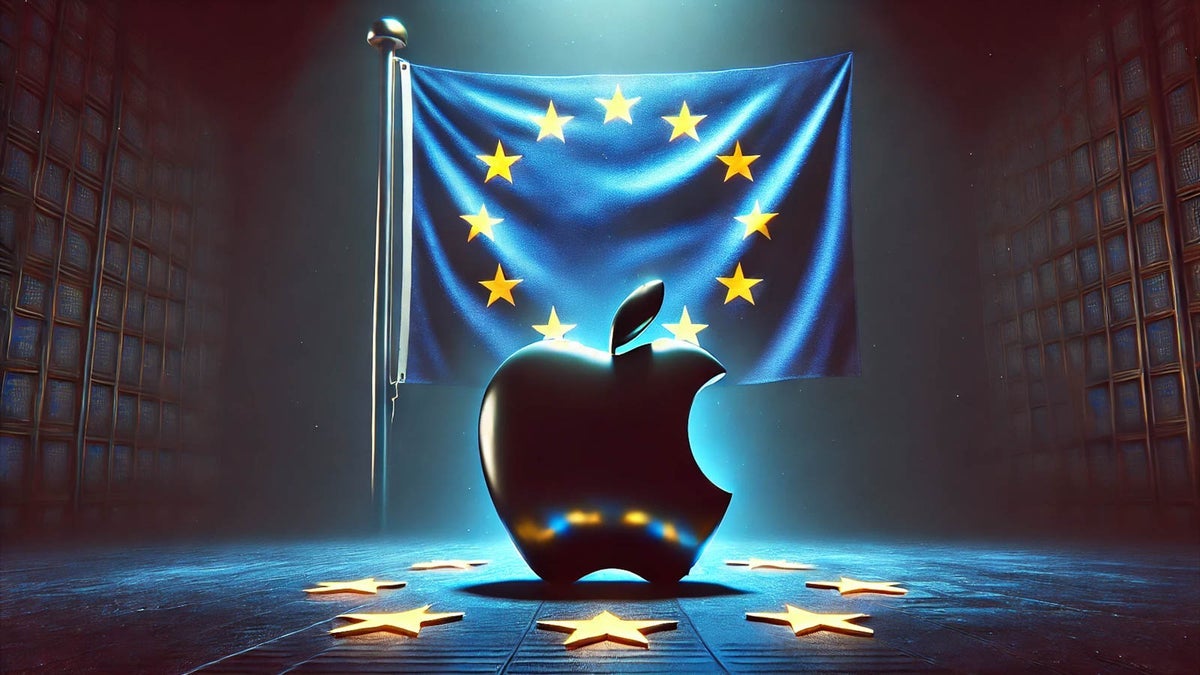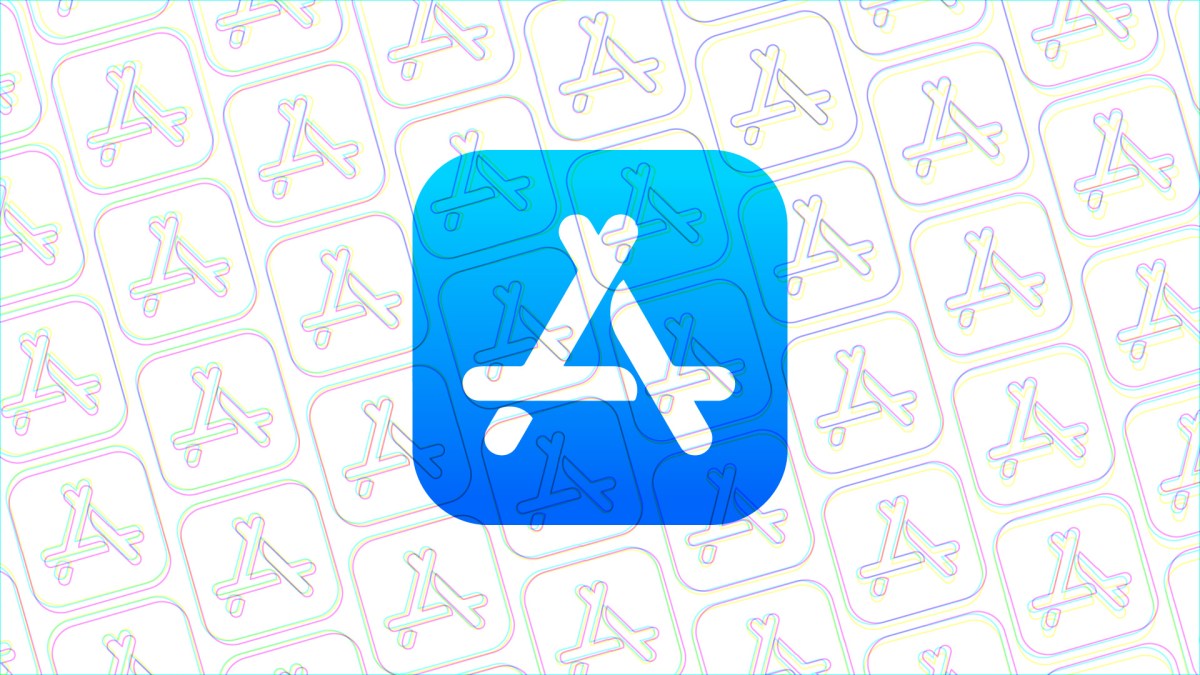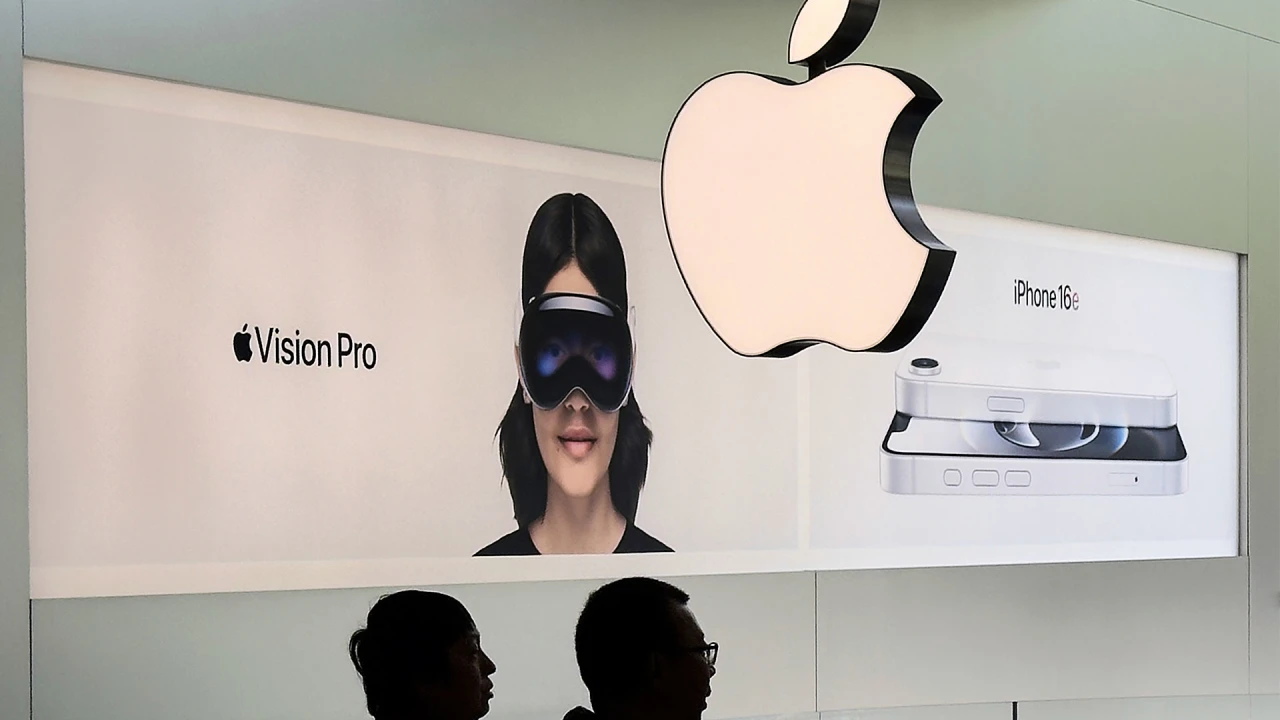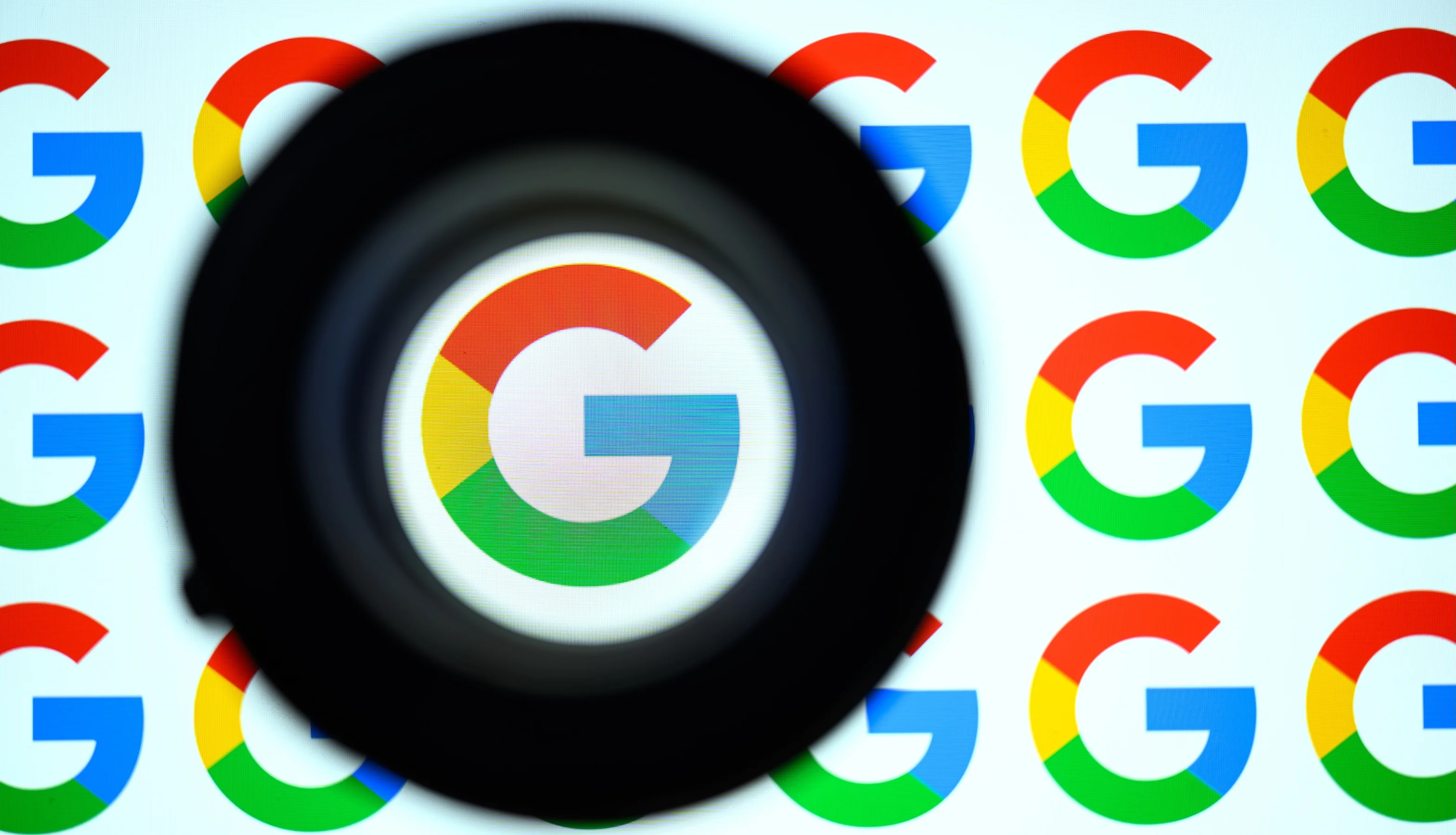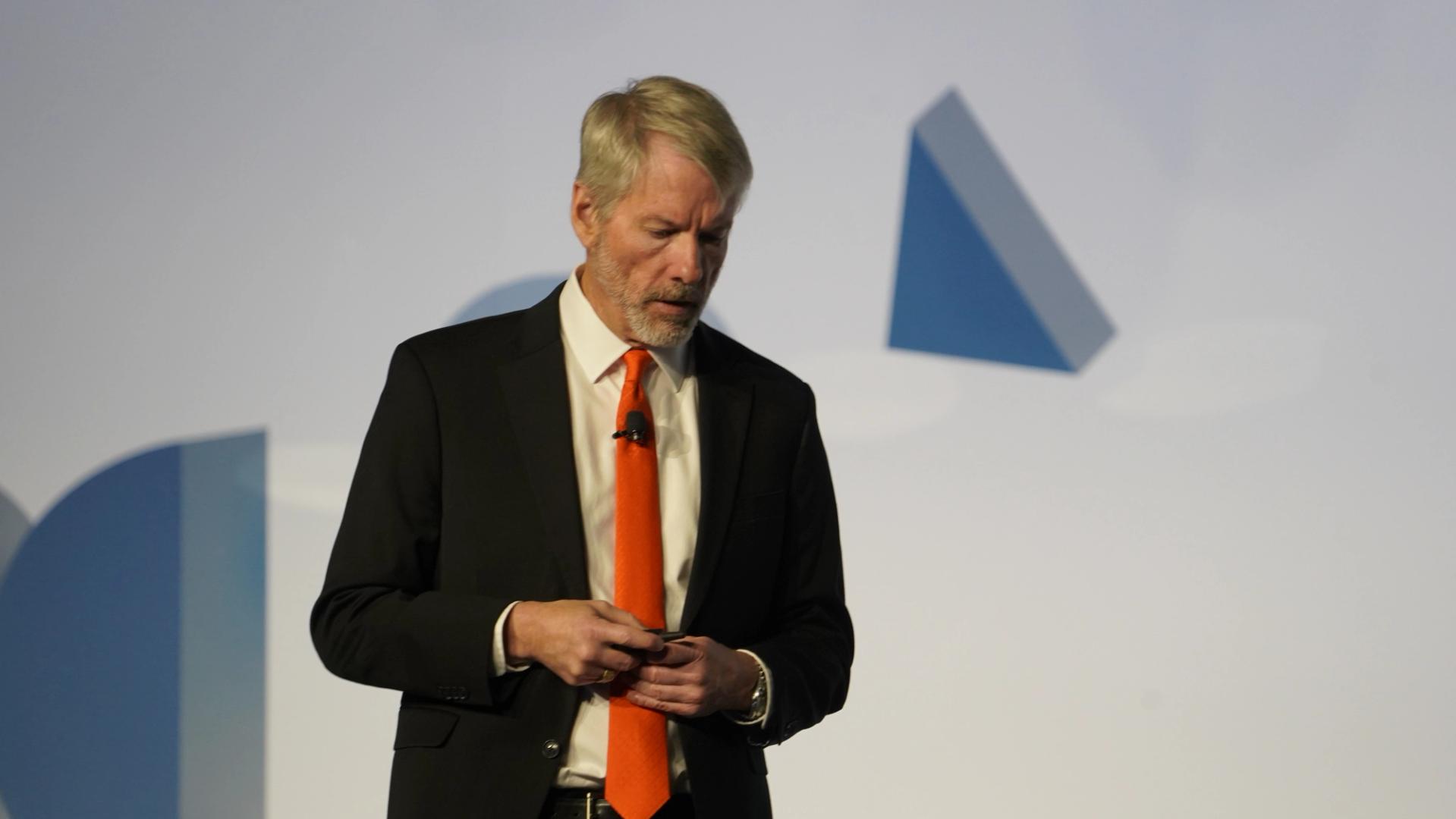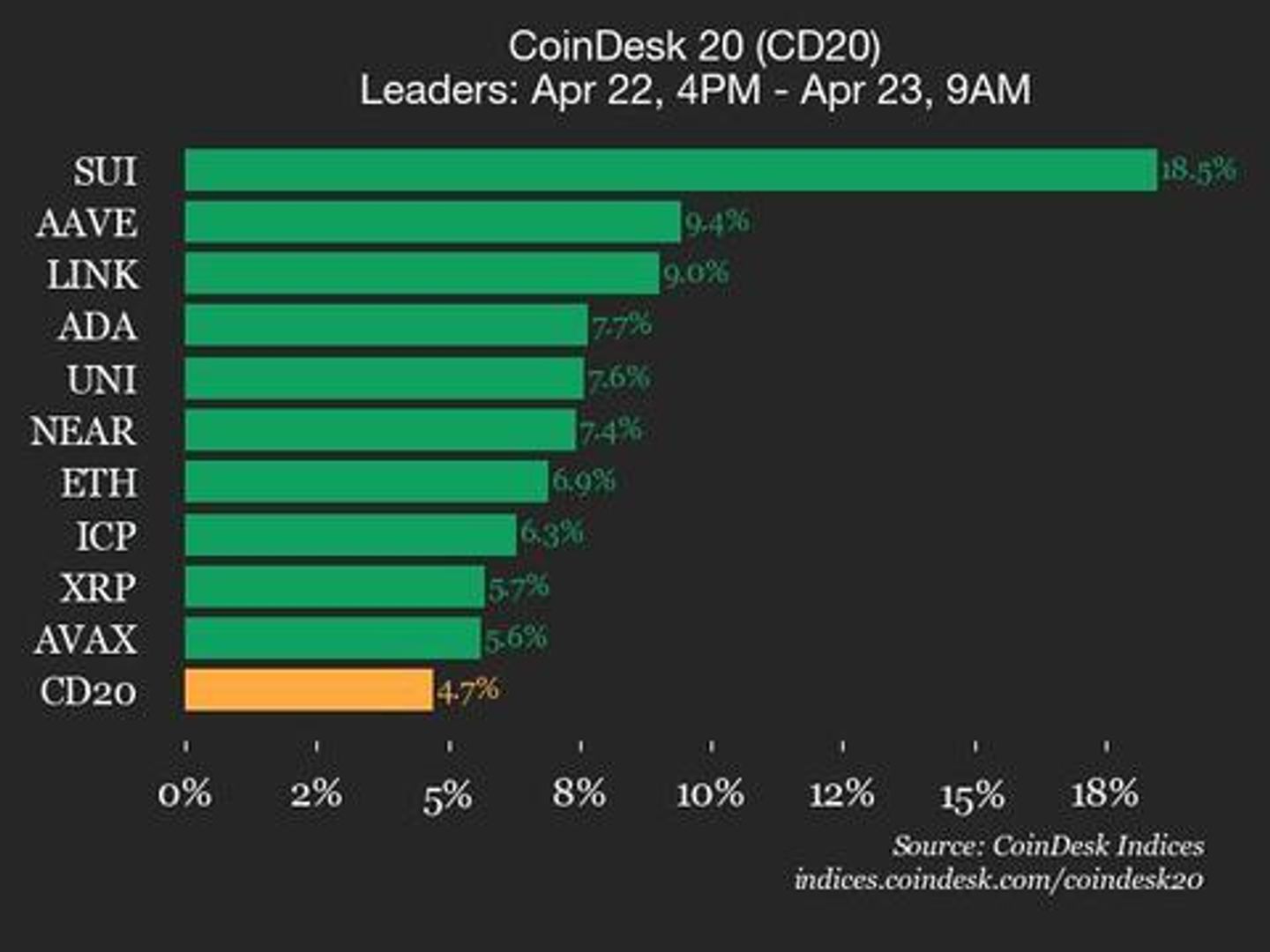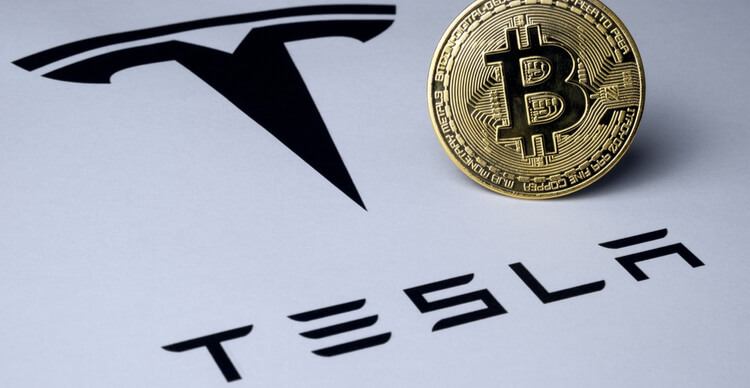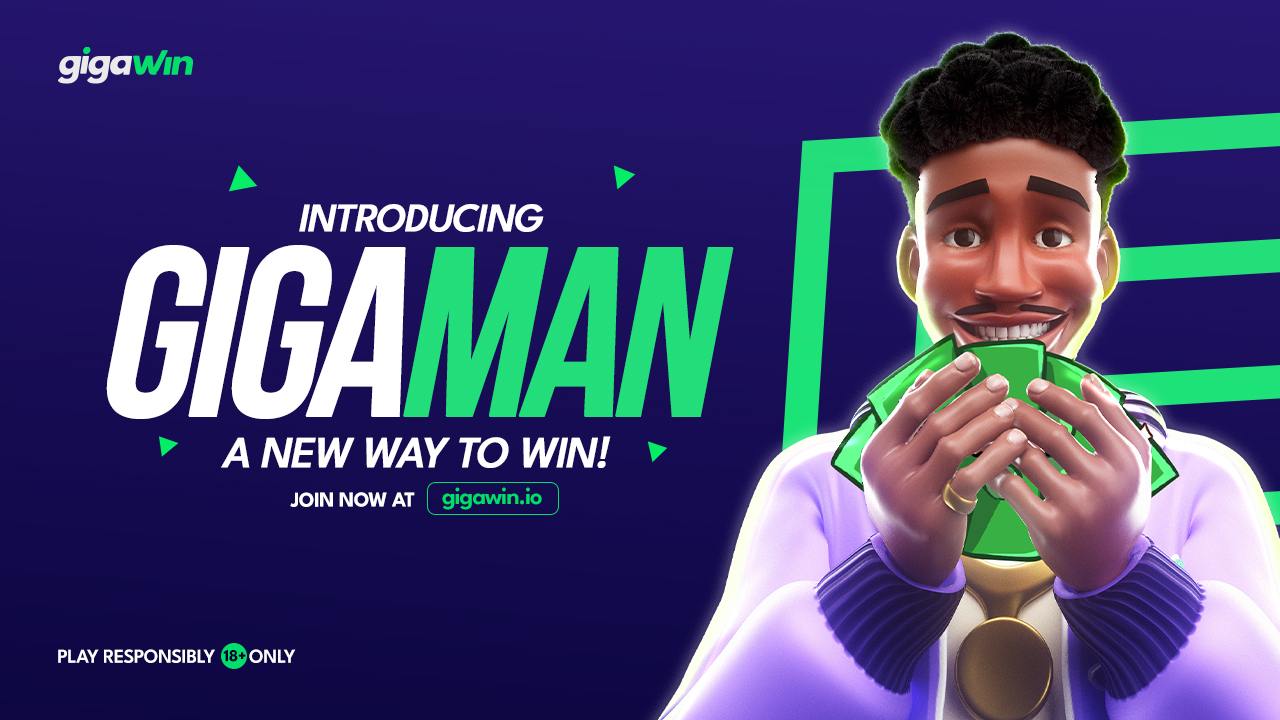What GenAI Means for India’s GCC Workforce in 2025 and Beyond
As Generative AI (GenAI) continues to reshape industries globally, the impact on Global Capability Centers (GCCs) in India is profound and multifaceted.


As Generative AI (GenAI) continues to reshape industries globally, the impact on Global Capability Centers (GCCs) in India is profound and multifaceted. Once viewed merely as cost-effective offshore units, GCCs today are evolving into innovation hubs, deeply integrated into global strategy and operations. With GenAI disrupting traditional workflows, talent strategy in GCCs is undergoing a radical transformation — from upskilling and role redesign to deeper focus on retention.
A New Era of Talent Expectations
GCCs in India employ over 1.9 million professionals, with sectors like BFSI, retail, healthcare, and technology leading the charge. As GenAI tools — from large language models to code assistants — become mainstream, the expectation from talent is no longer routine task execution but strategic thinking, contextual intelligence, and creativity.
The key shift lies in moving from execution to orchestration. While GenAI can write code, draft reports, or automate data analysis, the value lies in professionals who can guide these tools — defining prompts, validating outputs, and applying results within a business context. This redefines what roles GCCs must hire for and how existing employees must evolve.
Upskilling for the GenAI Age
According to a 2024 NASSCOM report, 76% of GCCs have already initiated GenAI upskilling programs. This includes:
- Prompt engineering workshops
- AI-augmented product design training
- Ethical AI and governance modules
Rather than replacing jobs, GenAI is reshaping skill demands. Engineers now need to understand model interpretability, marketing teams must analyse AI-generated consumer insights, and finance analysts are expected to validate auto-generated forecasts.
GCCs are investing in nano-certifications, internal AI labs, and partnerships with edtech platforms to enable continuous learning. Companies like J.P. Morgan, Walmart, and Shell are rolling out GenAI bootcamps to prepare talent for hybrid roles — part domain expert, part AI collaborator.
Role Redesign: From Specialist to Synthesist
The boundaries between roles are blurring. In the GenAI era, cross-functional synthesists are in demand. For instance:
- A product manager must not only define roadmaps but co-create MVPs using GenAI.
- A legal analyst may leverage AI to sift through contracts but must flag nuanced risks.
- A software developer might spend less time coding and more time validating model-generated logic.
This calls for role redesign at scale — where job descriptions now include collaboration with GenAI tools as a core competency. GCCs are hiring for hybrid profiles like:
- AI-augmented business analyst
- Conversational experience designer
- GenAI model quality auditor
As traditional silos collapse, so must rigid career ladders. Career paths are being flattened into modular skill journeys that allow employees to pivot horizontally across domains while deepening AI fluency.
Retention in the Age of Acceleration
GenAI has amplified the pace of work — and with it, employee burnout and churn. Retention today is not just about perks; it's about meaningful career narratives and a sense of relevance. Employees want to know: Will I stay future-proof here?
Leading GCCs are responding with:
- Internal talent marketplaces that allow rapid role mobility
- GenAI sabbaticals for building personal AI portfolios
- Open innovation challenges to solve real-world problems with AI
Culture also matters. Firms that treat GenAI as a collaborator — not a threat — foster psychological safety. When employees are part of the AI transformation, not victims of it, retention becomes a natural outcome.
Leadership for the GenAI Transition
At the helm of this shift are GCC leaders who must balance tech enthusiasm with talent empathy. CIOs and CHROs are now co-owning the GenAI roadmap. Leadership KPIs are evolving from "cost optimisation" to "talent innovation readiness."
Moreover, India’s GCCs have a unique edge — access to a young, digitally fluent workforce eager to experiment. The challenge lies not in talent availability, but in creating systems of enablement that let this talent thrive with AI.
The Road Ahead
GenAI will not make human talent obsolete — but it will change what talent means. In the evolving GCC landscape, the winners will be those who can orchestrate human potential and machine intelligence with equal finesse.
From upskilling programs and hybrid role creation to new-age retention strategies, the future of GCC talent is being written now. And GenAI is both the pen and the prompt.










































































































































































![[The AI Show Episode 144]: ChatGPT’s New Memory, Shopify CEO’s Leaked “AI First” Memo, Google Cloud Next Releases, o3 and o4-mini Coming Soon & Llama 4’s Rocky Launch](https://www.marketingaiinstitute.com/hubfs/ep%20144%20cover.png)

















































































































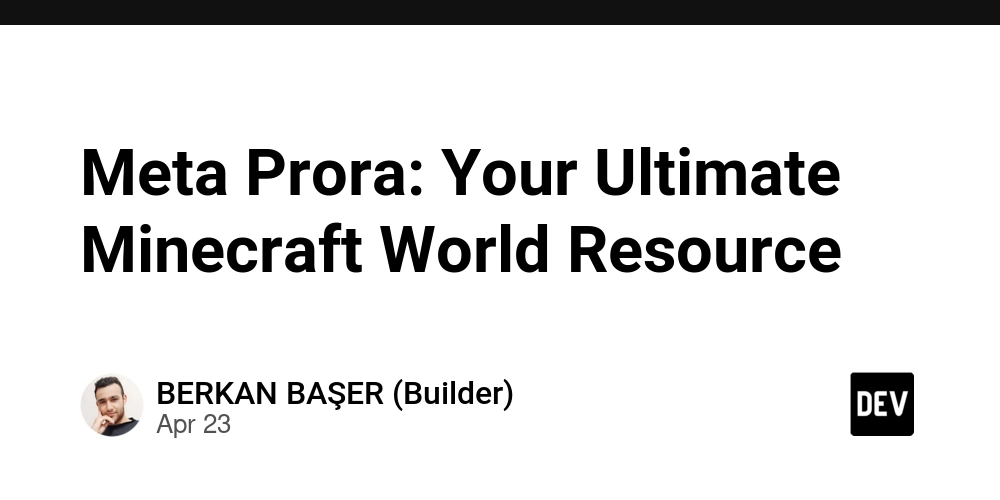
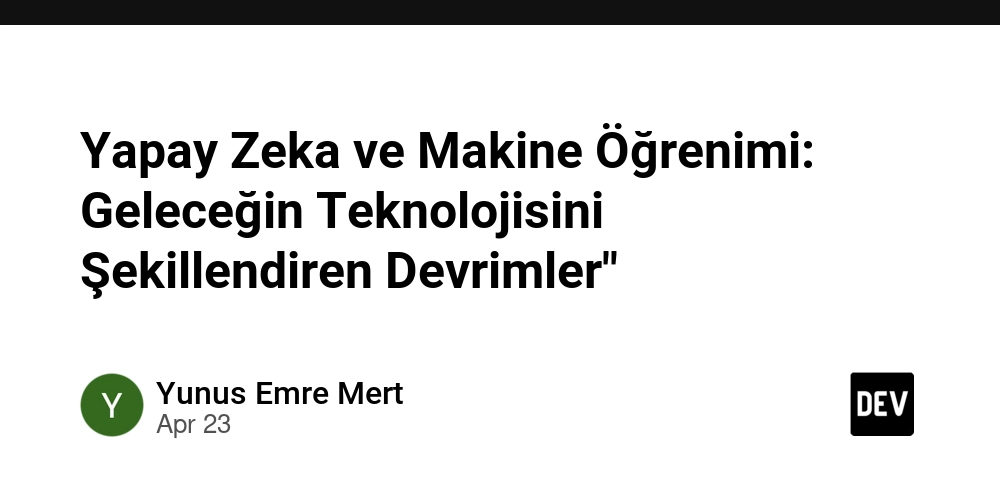






































































.jpg?width=1920&height=1920&fit=bounds&quality=70&format=jpg&auto=webp#)




















































nintendodirect_nintendoswitch2–4.2.2025(2).jpeg?#)























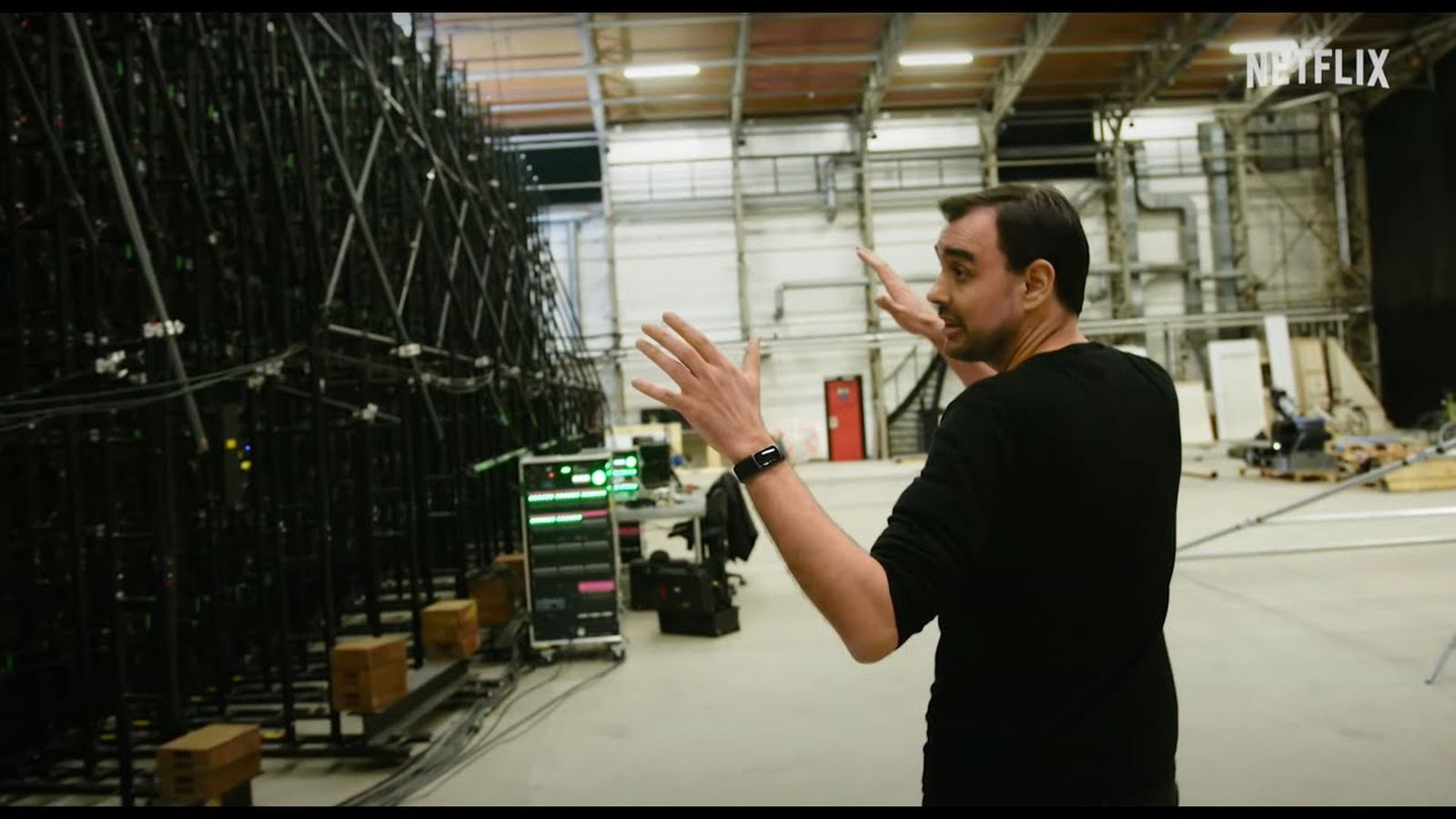









_Wavebreakmedia_Ltd_FUS1507-1_Alamy.jpg?width=1280&auto=webp&quality=80&disable=upscale#)



























































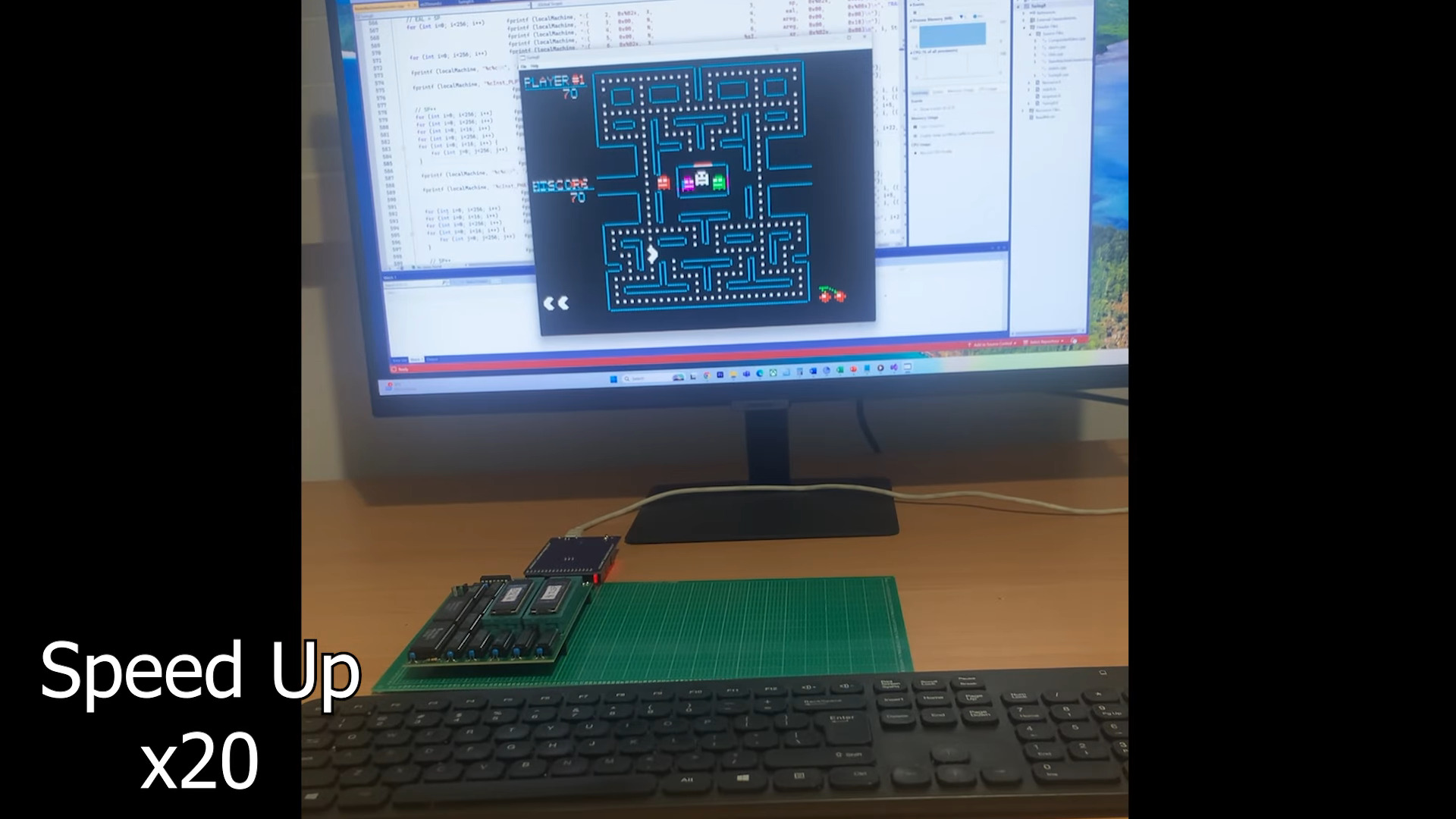
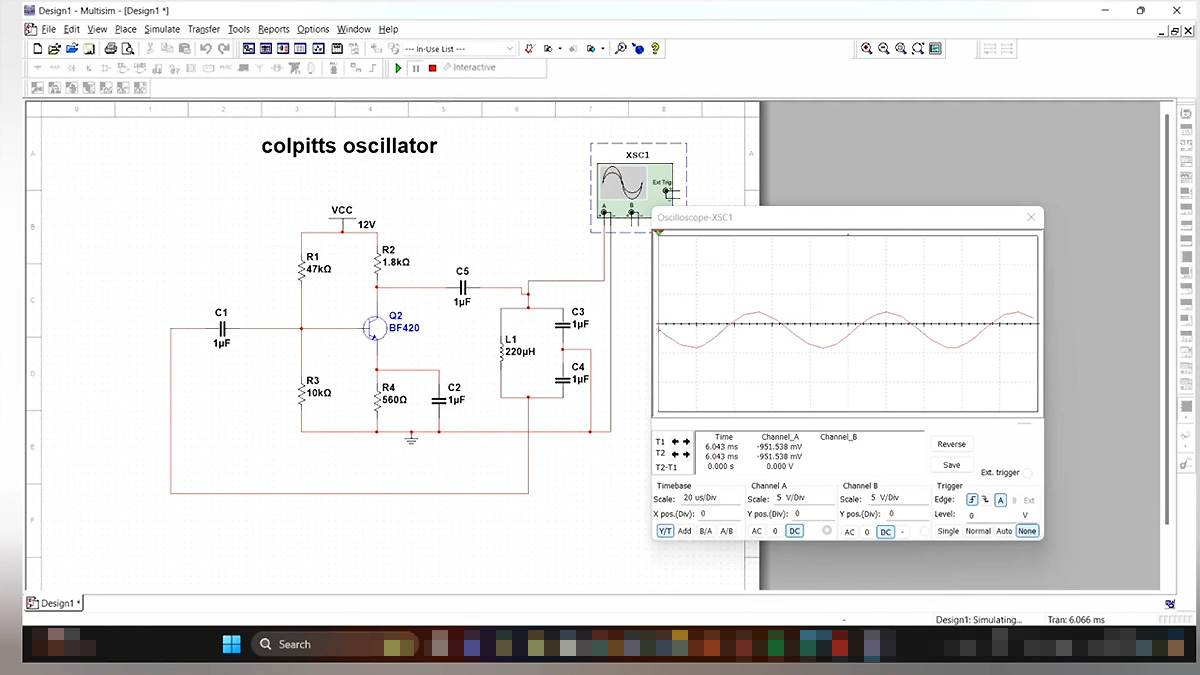
















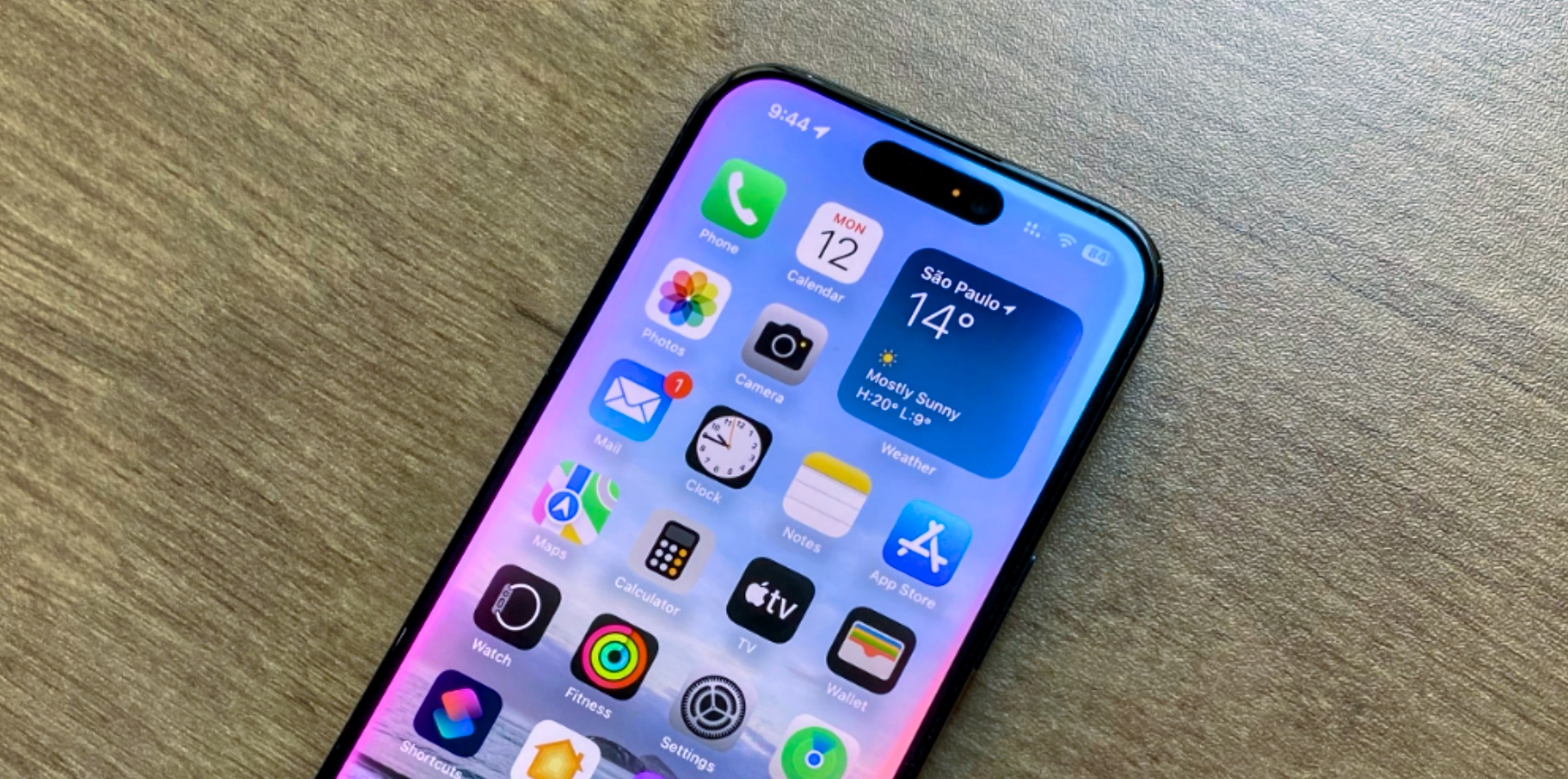



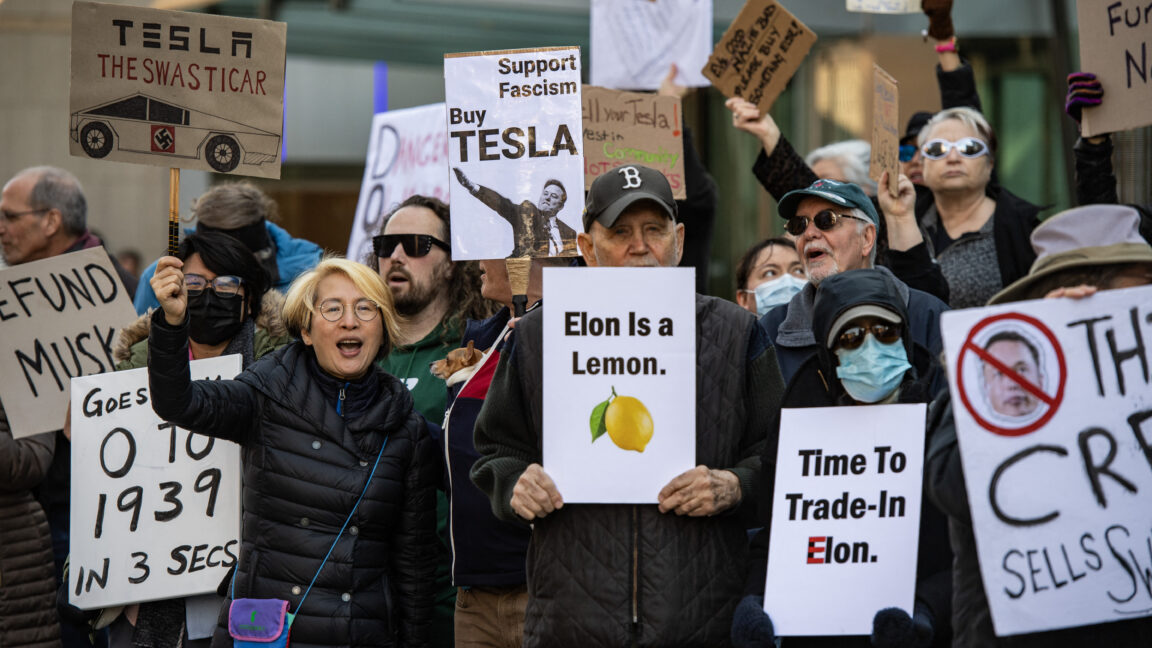


































![Hands-On With 'iPhone 17 Air' Dummy Reveals 'Scary Thin' Design [Video]](https://www.iclarified.com/images/news/97100/97100/97100-640.jpg)
![Mike Rockwell is Overhauling Siri's Leadership Team [Report]](https://www.iclarified.com/images/news/97096/97096/97096-640.jpg)
























